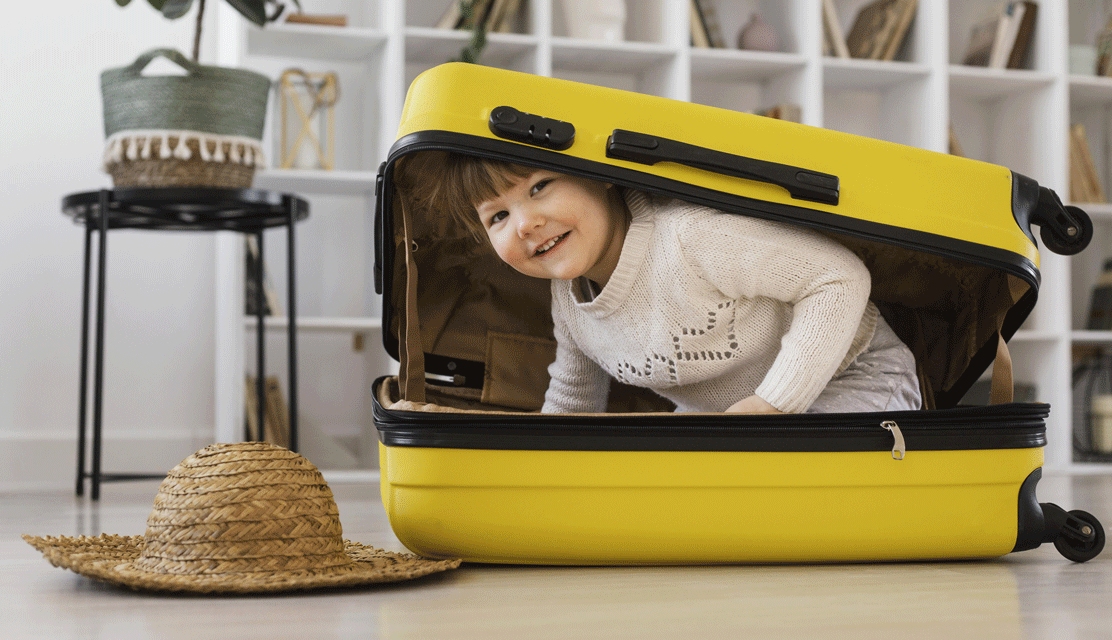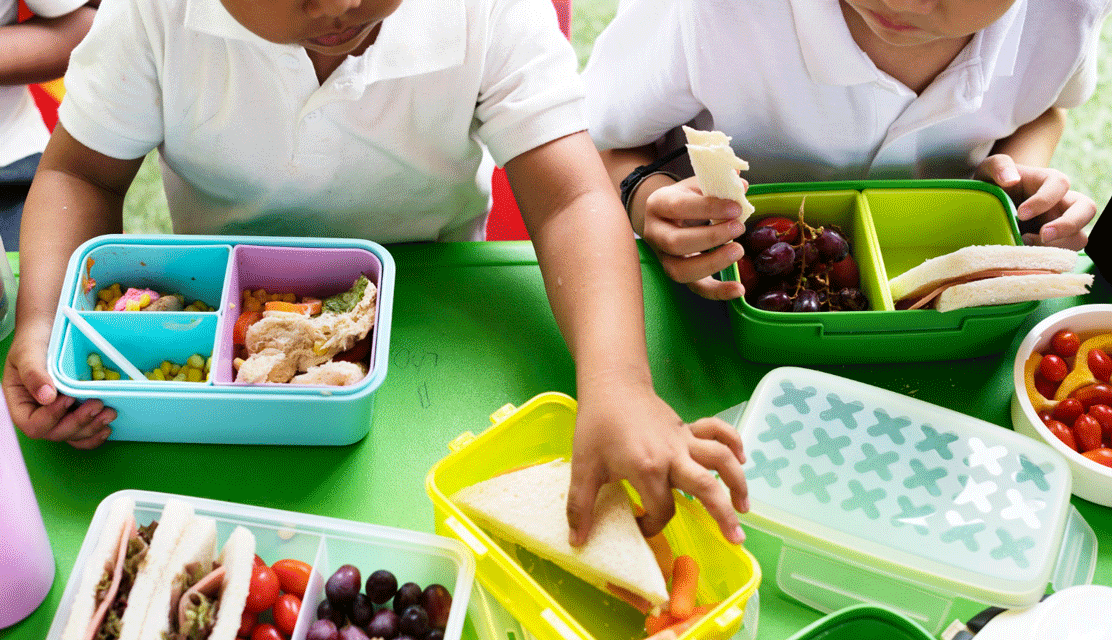Traveling with children can be an adventure in itself (and certainly a very interesting experience), but when your child has food allergies, it adds an extra layer of complexity to the journey. As a parent, ensuring your child’s safety while exploring new places requires careful planning and awareness.
This article provides 10 valuable tips to make traveling with food allergic children a smooth and enjoyable experience for the entire family.
10 Tips for Traveling with Food Allergic Children
Embarking on a family adventure with a child who has food allergies introduces a unique set of challenges. However, with careful planning and proactive measures, you can navigate the expected complexities of traveling with food-sensitive kids.
Here are 10 essential tips to transform your travel experience with food allergic children into a memorable and worry-free trip.
1. Research and Plan Ahead
Before packing your bags, delve into research about your destination. Identify local medical facilities, nearby pharmacies, and supermarkets that stock allergen-free products. This groundwork ensures you have immediate access to essential resources in case of any unexpected situations.
To navigate potential allergens effectively, familiarize yourself with the local cuisine. Understand common ingredients and cooking methods, enabling you to make informed choices when selecting meals for your kids.
2. Communication is Key
Notify airlines and accommodations in advance about your child’s food allergies. Engage in clear communication to ensure airlines accommodate dietary needs, and hotels make arrangements for food restrictions. Emphasize the importance of ongoing dialogue, fostering collaboration for a safe and comfortable travel experience.
3. Pack Snacks and Safe Foods
Don’t leave home without a stash of your child’s favorite allergen-free snacks. Be prepared for delays by packing extra, portable, and non-perishable options. Check local regulations and research allergy-friendly brands for a worry-free and well-fed journey. Having a small emergency snack kit on hand ensures your child stays satisfied, no matter the travel twists.
4. Emergency Action Plan
When traveling with a child with food allergies, create a clear emergency action plan:
- Outline specific allergies and reactions.
- Compile emergency contacts and healthcare providers.
- Identify local medical facilities.
- Develop a step-by-step allergy action plan.
- Carry ample medication, checking expiration dates.
- Educate travel companions on the action plan.
- Stay informed about local emergency services for a safer journey.
5. Allergy Translation Cards or Apps
Simplify communication about your child’s allergies with translation cards. Include specific details, translate into local languages, and add emergency instructions. Hand them out proactively to ensure safe dining experiences and consider using translation apps for added convenience.
By the way, using appropriate applications that allow you to translate the necessary information into any language greatly simplifies the preparation for the trip and allows you not only to eat safely, taking into account allergies and restrictions, but also to translate any other information along the travel route.
This is where the UMA app with its UMA Scan feature comes in: you can translate not only menus, labels, information posters, but also screenshots and images from your library, making sure you understand the content.
6. Medication and Medical Supplies
When traveling with a child with food allergies, ensure you’re well-prepared with the necessary medications and supplies:
- Pack an adequate supply of prescribed medications, including epinephrine injectors and antihistamines.
- Double-check expiration dates before departure.
- Keep medications easily accessible during the journey, whether in a carry-on bag or daypack.
- Include any required medical supplies, such as allergy-friendly bandages or inhalers.
- Familiarize travel companions with the location and use of these supplies for added preparedness.
By prioritizing medication and medical supply preparation, you contribute to a safer and more secure travel experience for your child.
7. Choose Accommodations with Kitchen Facilities
When deciding on your place of stay, opt for accommodations that offer kitchen facilities. This allows you the freedom to prepare allergen-free meals in a familiar and controlled environment.
Confirm the availability of necessary utensils and cookware and explore local supermarkets for allergen-free ingredients. This choice not only caters to dietary needs but also provides flexibility in dining options, particularly in situations where eating out might pose challenges.
8. Educate Your Child
In the journey of managing food allergies while traveling, equip your child with knowledge and skills.
Encourage them to openly communicate their allergies with both travel companions and restaurant staff. Foster an awareness of signs indicating a potential allergic reaction, nurturing self-awareness. Finally, instill a sense of responsibility for actively managing their allergies throughout the journey.
9. Stay Informed About Local Regulations
Take the time to understand the region’s approach to food regulations, including labeling laws and allergy awareness practices.
Additionally, consider any cultural nuances that may influence dietary preferences. This awareness not only enhances your ability to make informed choices but also allows you to confidently explore local markets and dining options with your child’s safety in mind.
10. Connect with Allergy-Friendly Communities
In navigating the challenges of travel with food allergies, consider the value of connecting with allergy-friendly communities.
Explore online platforms and social media to discover local insights, engage with fellow travelers who share similar experiences, seek recommendations for allergy-friendly dining options and safe food sources, and leverage community knowledge to enhance your overall travel experience.
By tapping into these connections, you not only gather valuable information but also create a supportive network that significantly contributes to a smoother and more enjoyable journey.
Conclusion

In conclusion, navigating travel with food-allergic children requires a thoughtful blend of preparation, communication, and community engagement.
By thoroughly researching destinations, communicating effectively with service providers, and empowering your child through education, you lay the groundwork for a secure and enjoyable journey.
Choosing accommodations with kitchen facilities, staying informed about local regulations, and connecting with allergy-friendly communities further enhance your ability to create a safe and memorable travel experience for the entire family.
As you embark on your adventures, remember that with careful planning and a supportive network, exploring new destinations with food allergies can be not only manageable but also a source of cherished memories. Safe travels!
P.S. The UMA app is happy to be your trusted partner on the way to unforgettable moments and events during your traveling experience – download (App Store & Google Play) today to stay safe tomorrow!

